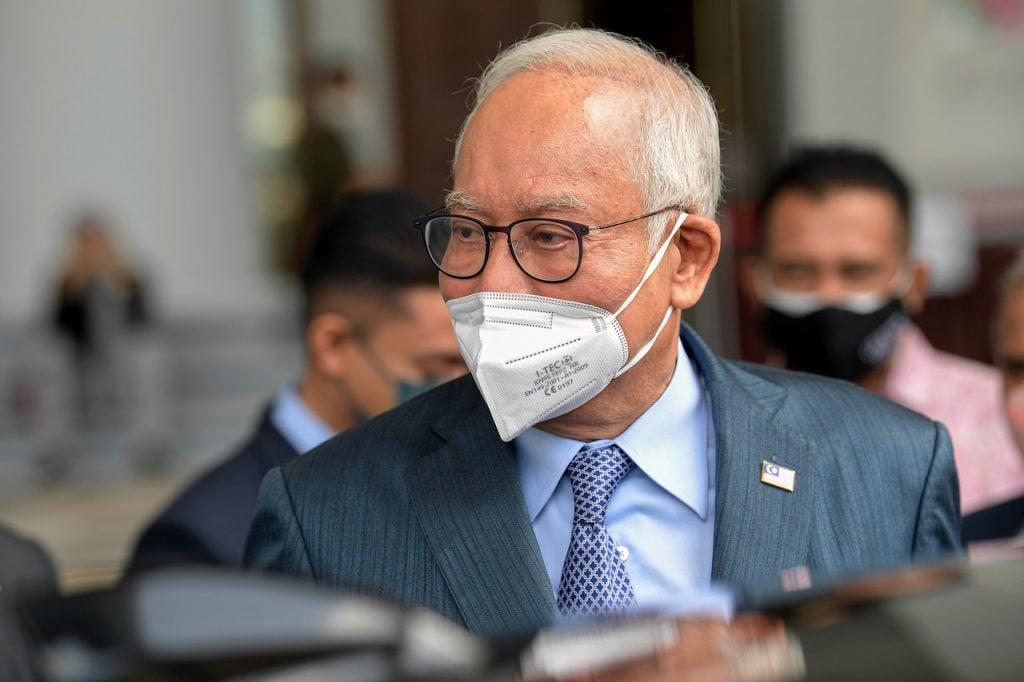Najib and son fail in appeal over RM1.7 billion in taxes
The Court of Appeal says there is no merit to their appeals against two previous court rulings.
Just In
The Court of Appeal today ruled that former prime minister Najib Razak and his son, Mohd Nazifuddin, must pay some RM1.7 billion in income tax arrears, dismissing their appeals against two previous court rulings allowing the Inland Revenue Board (LHDN) to enter summary judgments to recover the amounts in question.
Judge Abdul Karim Abdul Jalil who led a three-man bench said there was no merit to their appeals and no misdirection by either High Court judge in the previous rulings.
He also ordered costs of RM10,000 each.
Najib and Nazifuddin had been appealing against the decisions of two separate High Courts which allowed LHDN’s applications to enter a summary judgment to recover tax arrears of RM1.69 billion from Najib and RM37.6 million from Nazifuddin, respectively.
On July 22 last year, High Court judge Ahmad Bache allowed LHDN’s application for a summary judgment to be entered against Najib in its suit to recover the RM1.69 billion in taxes from the latter for the period between 2011 and 2017.
Najib lost his bid in the High Court on June 14 this year to obtain a stay of execution on the summary judgment.
The board had on Feb 4 this year issued a bankruptcy notice against Najib following the Pekan MP’s failure to pay the amount, as the summary judgment was not stayed.
As for Nazifuddin, High Court judge Ahmad Zaidi Ibrahim on July 6 last year ordered him to pay RM37.6 million in unpaid taxes to LHDN after allowing its application to enter a summary judgment against him in its tax arrears suit seeking to recover the unpaid amount from him between 2011 and 2017.
He was served with a bankruptcy notice on April 30 over the failure to pay the amount.
A summary judgment is when the court decides a particular case summarily, without calling witnesses to testify in a trial.
Subscribe to our newsletter
To be updated with all the latest news and analyses daily.
